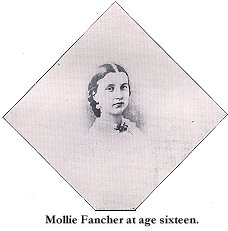Here’s a little bit about an esteemed member of old New York society. You can find his name on that most fascinating list of permanent New Yorkers. Those interred at my favorite place in Brooklyn, The Green-Wood Cemetery. There is sure to be another post about the history of this beautiful place. For now, I would like to tell you the story of Dr. Valentine Mott.
Dr. Mott (1785-1865) was the preeminent surgeon of his day. Trained at Columbia College, he then traveled to Europe where he spent three years perfecting his techniques. He went on to become Columbia College’s Chair of Surgery at the age of 24. Following that post, he + several of his peers established Rutgers Medical College.
In his obituary, the New York Times recalls: “His position as a surgeon was second to no living professor, and challenged from the renowned Sir ASTLEY COOPER the remarkable eulogy: “He has performed more of the great operations than any man living, or that ever did live.”
The Medical profession had lost one of its most talented men. There is one additional, remarkable detail of this story. That comes from exactly how Dr. Mott died. On April 15, 1865 the good Doctor was due for a haircut. While giving him a trim, his barber asked if he had heard the devastating news. Dr. Mott replied that he had not. The barber told Mott that President Lincoln had been mortally wounded by a bullet at Ford’s Theatre in Washington, D. C. only the night before.
Upon hearing this news, Dr. Mott turned very pale + began to tremble, staggering to his bed. After telling his wife the grave news, he began to grow weaker, experiencing terrible pain in his back. He would never again leave his bed.
Dr. Valentine Mott died eleven days later on April 26, 1865. His official cause of death is recorded as “Mortification.”


